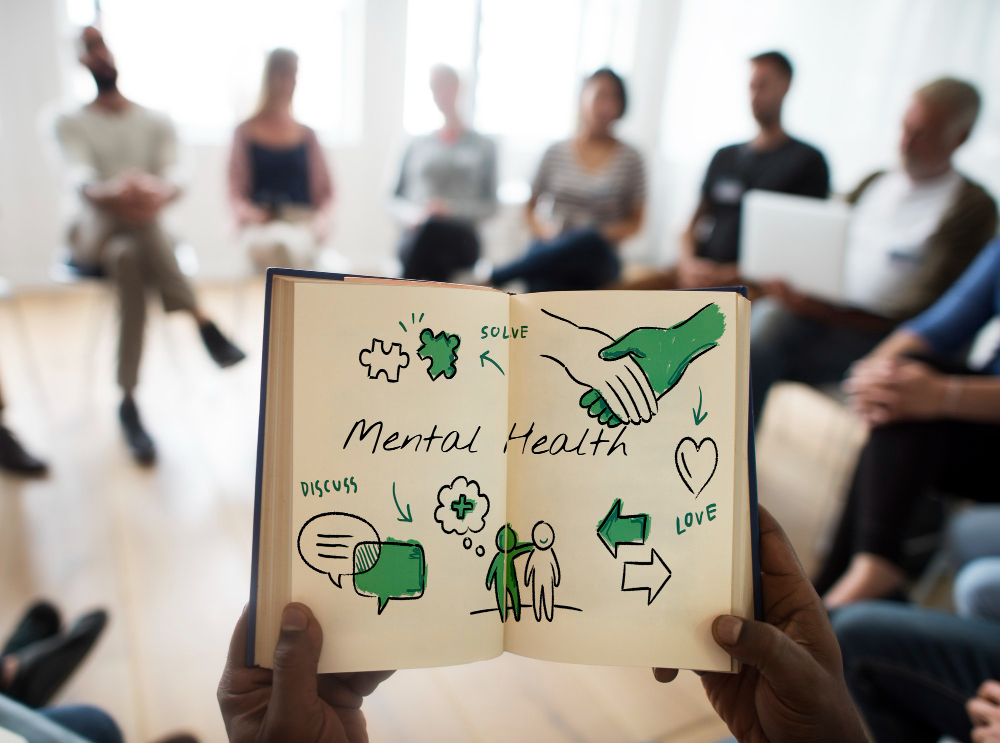1.1 Million Refugees in Germany Need Psychological Help, Investigation Reveals
KEY TAKEAWAYS
- A media investigation has found that 1.1 million asylum seekers in Germany need psychological assistance.
- Arriving asylum seekers in Germany often experience depression, post-traumatic stress disorder, or both.
- Last year, more than 100,000 asylum seekers arrived in Germany without being registered at EU borders.
Out of the 3.3 million asylum seekers in Germany, 30 per cent or 1.1 million of them, need psychological assistance, according to an investigation by Correctiv, a public interest media company that strengthens democracy.
Some arriving asylum seekers in Germany are facing depression, post-traumatic stress disorders or both.
The absence of mental health support for asylum seekers arises from three main issues, as outlined by the media report. These problems include insufficient funding for the identification and treatment of mental health issues, a severe shortage of support and available therapy spaces, and a lack of trained psychotherapists.
The investigation highlighted that in spite of EU laws foreseeing that medical assessment should be offered to every refugee upon arrival, such examinations do not take place on a regular basis in all Member States.
The problem is that this actually very often doesn’t happen, even though EU regulations stipulate it. Instead, people are often left to their own devices – like Ibrahim Willeke. Only if they are very lucky will anyone even notice that they are mentally ill.
Correctiv
Throughout the investigation, Correctiv inquired the 16 German federal state interior ministries about the number of refugees who underwent examinations, including psychological evaluations.
While most of the states claim that almost all asylum seekers are generally medically examined, some others answered so “vaguely” that the report concludes the chances these states examine the mental state of refugees are pretty low.
The report also underscores that many asylum seekers who arrive in Germany have already experienced violence, and in such a situation, they should not be left alone.
Those affected cannot work, cannot integrate, and many also become physically ill and are therefore extremely expensive for the health system. And these are the most harmless consequences. Others hurt or kill themselves. Some hurt or kill others.
Correctiv
Public health service professional Joost Butenop, who works in Lower Franconi, conducted a screening of recently arrived refugees a year and a half ago. His findings revealed that approximately 30 per cent of the refugees had a significant risk of developing chronic psychiatric conditions, notably depression and PTSD.
There is no routine screening. Because if you search, you will find. And then you have to offer something to those affected.
Joost Butenop, doctor and refugee health expert

